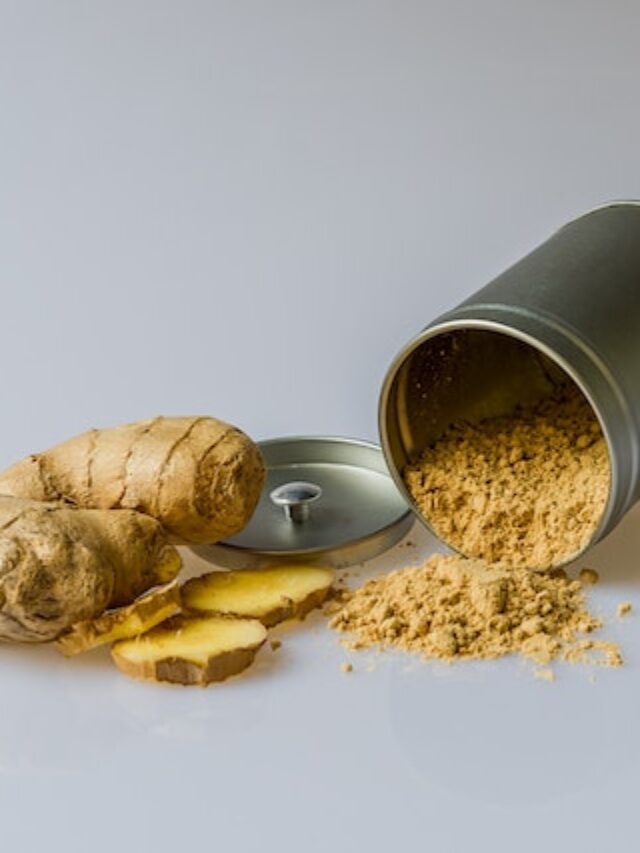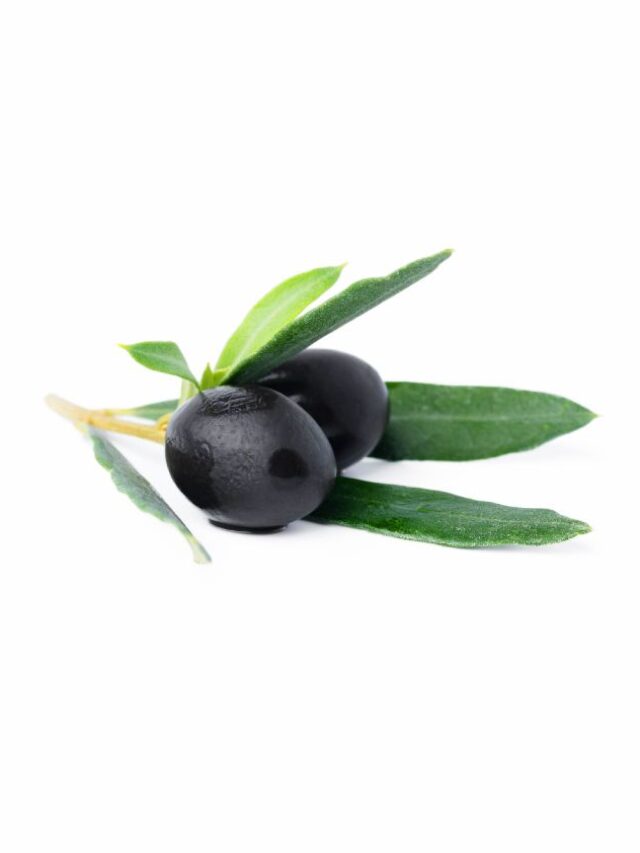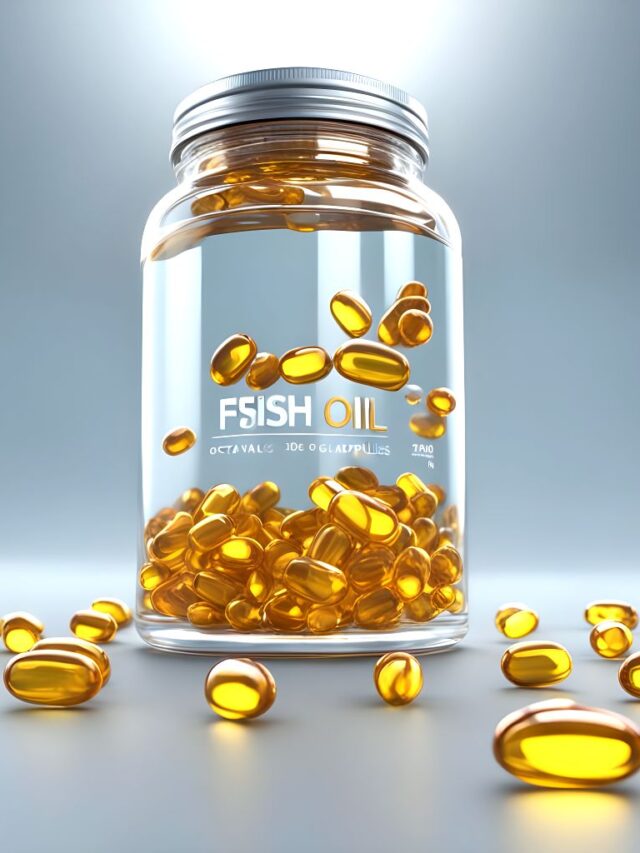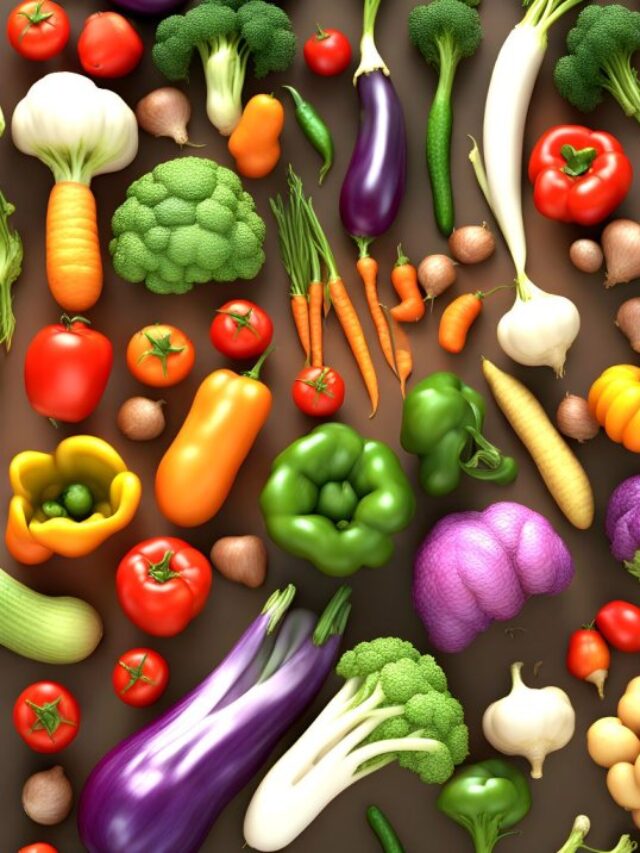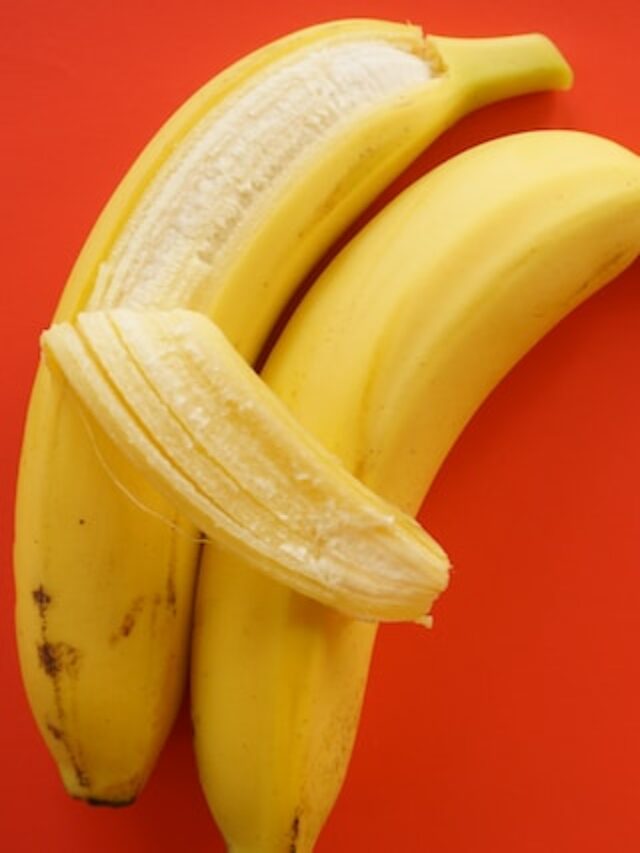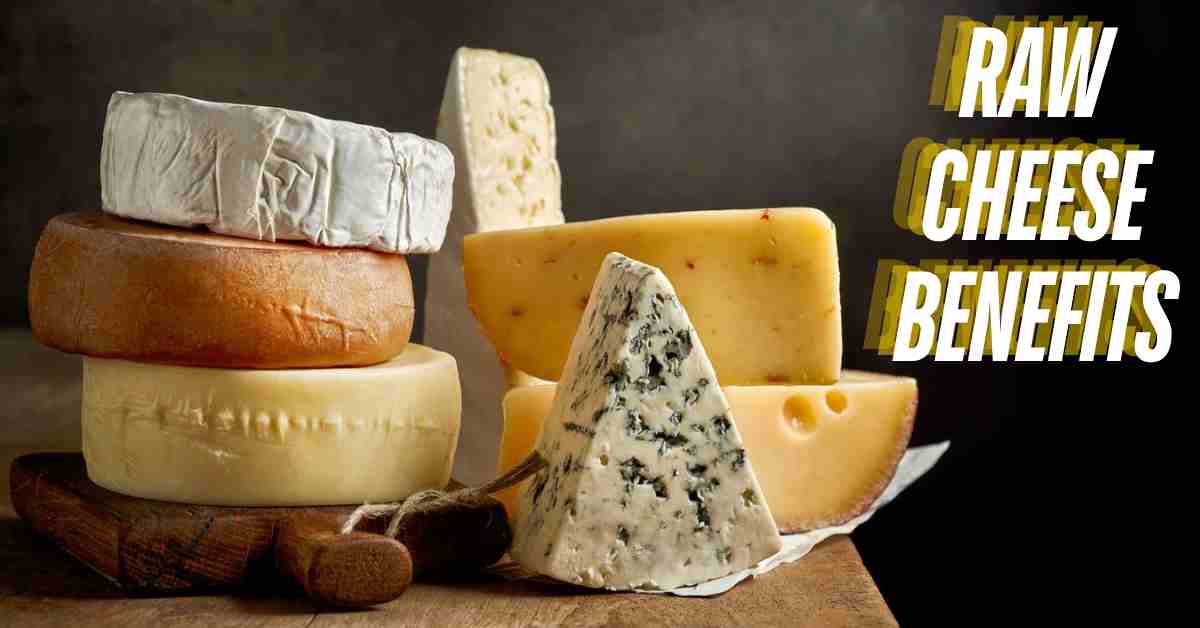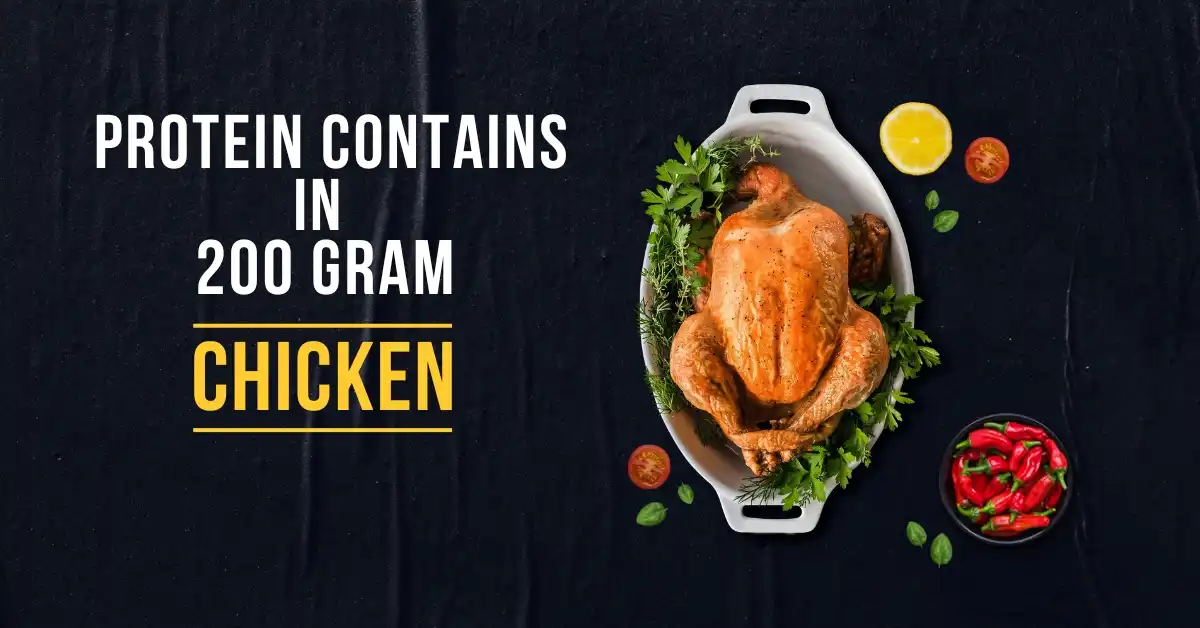When it comes to nutrition-packed superfoods, chia seeds and fish oil have made their mark on the health scene.
But which one deserves a place in your daily diet? In this showdown, we’ll dive into the details of these two nutritional powerhouses to help you make an informed choice.
Origins and Appearance
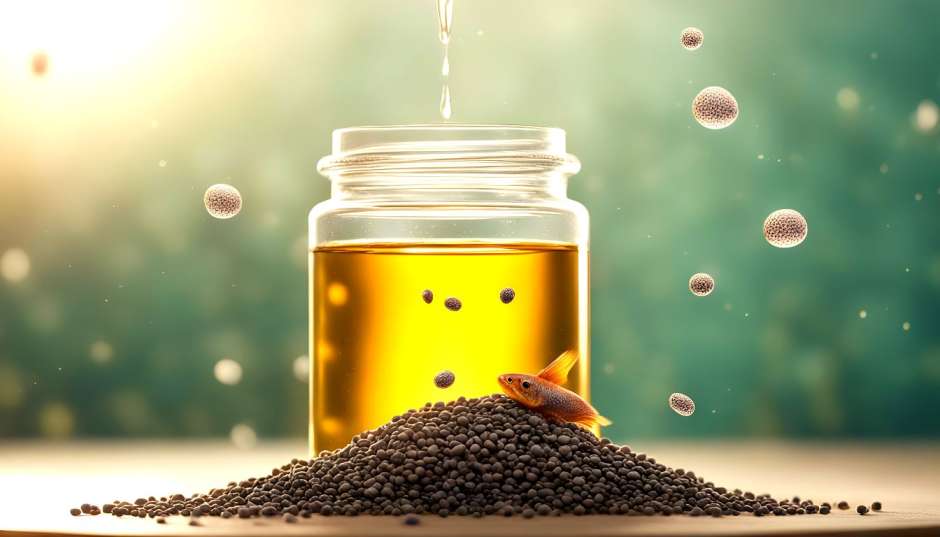
Chia Seeds: Chia seeds are the tiny offspring of the
Salvia hispanica plant originating from parts of Mexico.
These minuscule oval-shaped seeds sport a unique appearance with black or white spots.
Fish Oil: Fish oil, on the other hand, is extracted from the tissues of oily fish such as Salmon , Mackerel and Tuna.
It doesn’t quite share the aesthetic charm of chia seeds; rather, it comes in a liquid form.
Nutritional Content
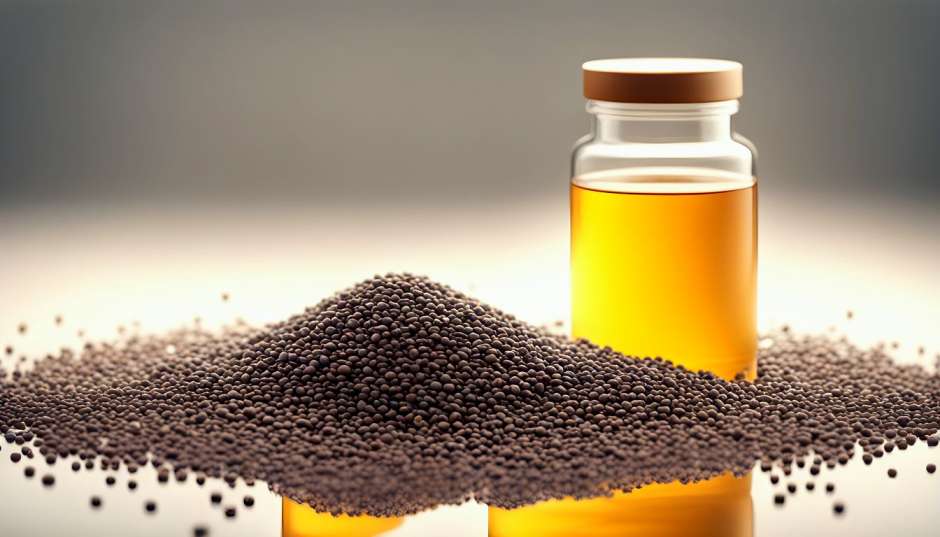
Chia Seeds: These unassuming seeds pack a nutritional punch. Loaded with carbohydrates, including generous amounts of dietary fibre, they are excellent for digestive health.
Chia seeds also offer a source of protein and healthy fats.
Notably, they are renowned for their high content of omega-3 fatty acids, known for their heart and brain benefits.
Fish Oil: Fish oil is famous for its Omega-3 fatty acids, particularly Eicosapentaenoic Acid (EPA) and Docosahexaenoic Acid (DHA).
These fatty acids are well-documented for their anti-inflammatory properties and their role in improving cardiovascular health.
READ MORE : The Benefits of Eating Boiled Eggs at Night
Cultivation and History
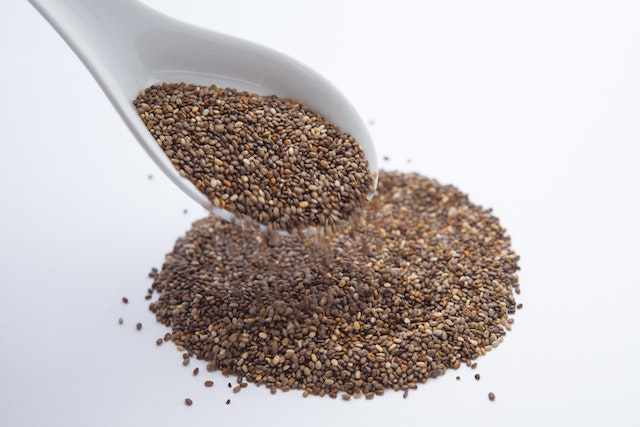
Chia Seeds: Chia seeds have a long history, having been a staple in the diet of Aztec people in ancient Mexico.
They were even used as a form of tax or tribute.
Fish Oil: The source of fish oil, oily fish, accumulates omega-3 fatty acids by consuming prey fish or microalgae.
While fish oil itself doesn’t have a storied history, the consumption of fish for its nutritional benefits has ancient roots.
READ MORE : How to Use Spinach for Weight Loss?
Consumption and Versatility
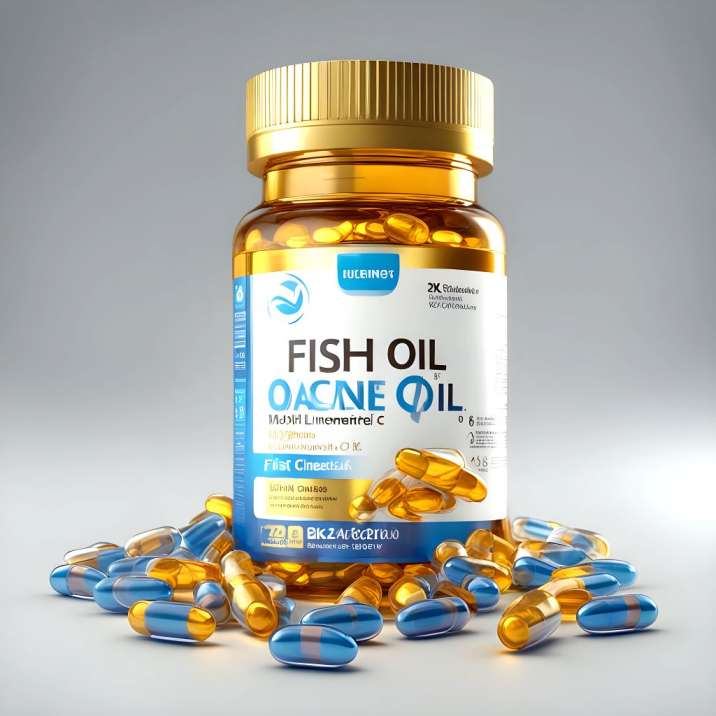
Chia Seeds: Chia seeds are incredibly versatile. They can be sprinkled on various foods like yogurt or cereal, mixed into smoothies, or used in baking.
When combined with liquid, they transform into a jelly-like substance, making them a valuable egg substitute in baking.
Fish Oil: Fish oil is primarily consumed in the form of dietary supplements. It’s also a vital component in aquaculture feed, particularly for farmed salmon.
Health Benefits of Chia Seeds vs Fish Oil
Chia Seeds: While some studies suggest potential health benefits of chia seeds, especially for heart health, further research is needed to confirm their effects definitively.
Fish Oil: Fish oil supplements have been extensively studied for their potential impact on cardiovascular health, mental well-being, and various other health conditions.
Results are mixed, and the exact influence on certain health concerns remains uncertain.
RELATED STORIES
In Brief
| Nutrient | Chia Seeds (per 1 oz) | Fish Oil (per 1 oz) |
|---|---|---|
| Calories | 138 | 251 |
| Protein | 4.4 grams | 0.7 grams |
| Dietary Fibre | 10.6 grams | 0 grams |
| Total Fat | 8.6 grams | 27.8 grams |
| Omega-3 Fatty Acids | 4,915 mg (ALA) | 3,518 mg (EPA/DHA) |
| Omega-6 Fatty Acids | 1,620 mg | 427 mg |
| Omega-9 Fatty Acids | 600 mg | 2,750 mg |
| Vitamins and Minerals | Varies | Varies |
Please note that the values provided are approximate and can vary depending on the specific brand or source of chia seeds and fish oil.
Frequently Ask Questions
1. Are chia seeds a better choice than fish oil?
- Chia seeds and fish oil offer different nutritional benefits. Chia seeds are a plant-based source of omega-3 (ALA) and contain extra nutrients and fibre. Fish oil, on the other hand, concentrates on EPA and DHA omega-3s, known for heart and brain health benefits. The better option depends on your dietary needs and preferences.
2. Can I swap chia seeds for fish oil?
- Chia seeds can be a good addition to your diet, especially if you’re aiming to include more plant-based omega-3s. However, if you specifically want the benefits linked to EPA and DHA omega-3s, fish oil supplements may be more effective. Always consult a healthcare expert to determine the right choice for your health goals.
3. Which is superior for omega-3: chia seeds or fish oil?
- Fish oil is typically considered a concentrated source of omega-3 fatty acids, particularly EPA and DHA, known for their specific health perks. Chia seeds provide ALA, a type of omega-3 that the body can turn into EPA and DHA, but the conversion isn’t very efficient. If your main focus is boosting EPA and DHA intake, fish oil might be the better choice. Chia seeds, however, have their own nutritional value.
4. How can I include chia seeds in my diet?
- Chia seeds are versatile and can be added to various foods and drinks. You can sprinkle them on yogurt, cereal, or oatmeal, blend them into smoothies, or use them as a substitute for eggs in baking. When mixed with liquid, chia seeds become gel-like, making them perfect for puddings or overnight oats.
5. Are there any side effects from consuming fish oil or chia seeds?
- Both fish oil and chia seeds are generally safe when consumed in moderation. However, eating excessive chia seeds can sometimes lead to mild digestive problems due to their high fibre content. Fish oil supplements may occasionally cause minor issues like fishy burps or stomach discomfort. It’s important to stick to recommended serving sizes and consult a healthcare professional if you have specific concerns or medical conditions.
INFORMATION SOURCE –
YOU MAY LIKE
